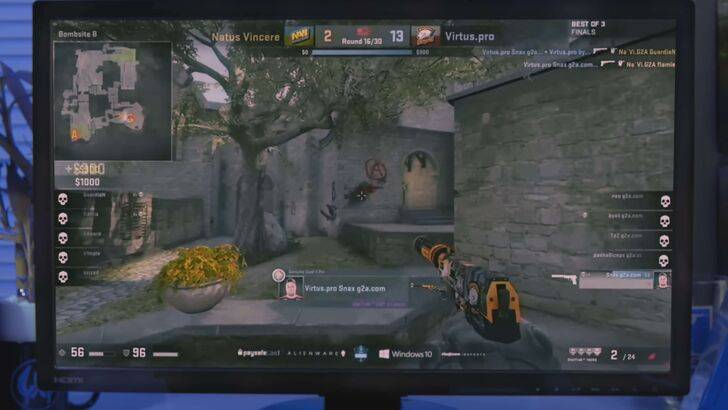Game Development Trends: PC Dominates, Live Service Concerns Emerge
The 2025 Game Developers Conference (GDC) State of the Game Industry report highlights significant shifts in the gaming landscape. A key finding reveals a strong PC focus, with 80% of developers prioritizing PC game development, a 14% increase from the previous year.

PC's Continued Reign:
The report, an annual survey of global game developers, confirms PC's dominance. While the exact reasons remain unclear, the rising popularity of Valve's Steam Deck is a likely contributing factor. Although not explicitly listed as a development platform, 44% of respondents who selected "Other" cited the Steam Deck as a target platform.

This trend builds upon previous years, with PC's share rising from 56% in 2020 to 66% in 2024. While the emergence of user-generated content (UGC) platforms like Roblox and Minecraft, and the anticipated launch of the Switch 2, present potential challenges, PC's market share remains substantial.

Live Service Games: A Mixed Bag:
The report also sheds light on the prevalence of live service games. One-third (33%) of AAA developers are currently working on a live service title, while 16% of all respondents are engaged in live service development, with an additional 13% expressing interest. However, a significant 41% are not interested, citing concerns such as declining player interest, creative limitations, and the potential for burnout.

GDC points to market saturation as a major hurdle, with many developers struggling to maintain sustainable player bases. The recent closure of Ubisoft's XDefiant serves as a stark example of these challenges.
Geographic Representation Concerns:
A subsequent report by PC Gamer highlights a notable underrepresentation of developers from non-Western countries in the GDC survey. Nearly 70% of respondents were from Western nations (US, UK, Canada, Australia), with significant absences from regions like China and Japan. This raises concerns about potential biases in the report's findings and their applicability to the global game development industry.

In conclusion, the GDC report offers valuable insights into current trends, but also underscores the need for broader representation to ensure a more comprehensive understanding of the global game development landscape.















